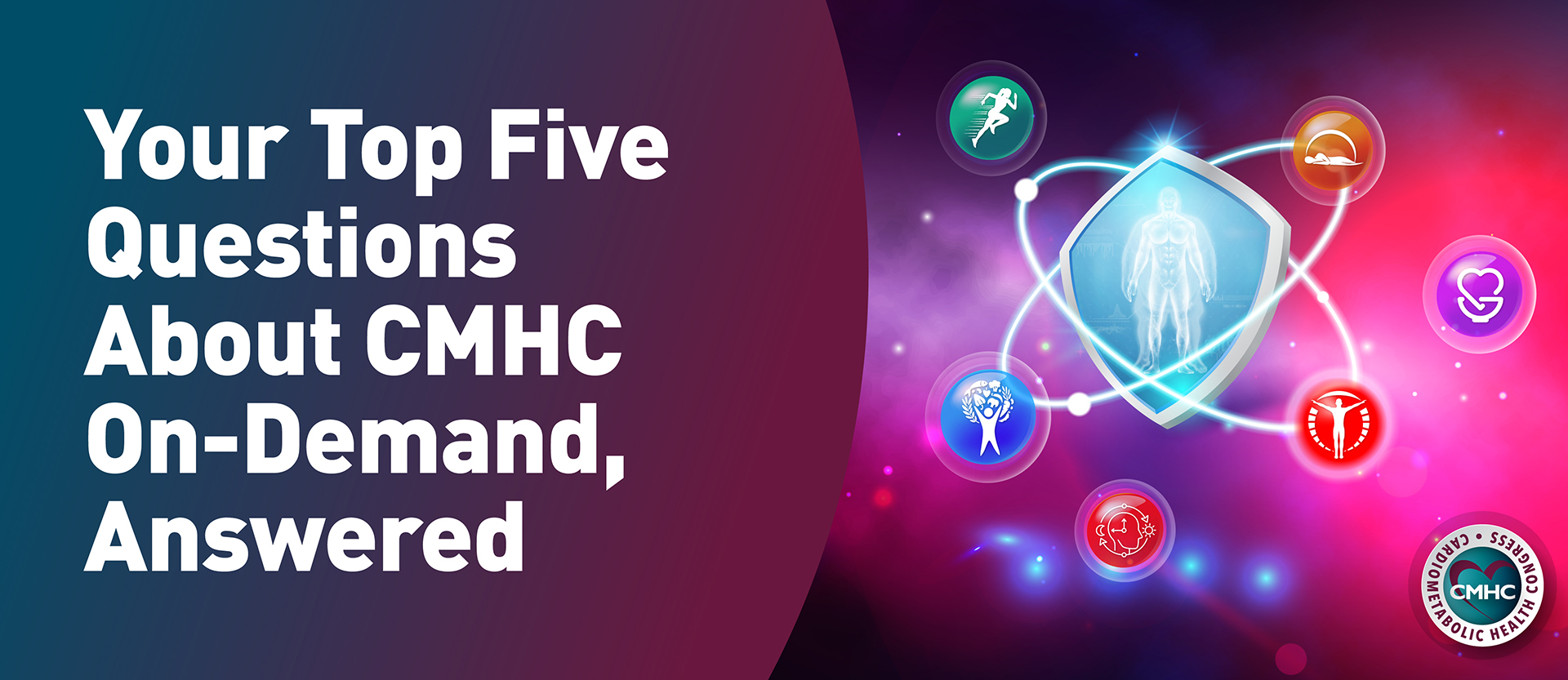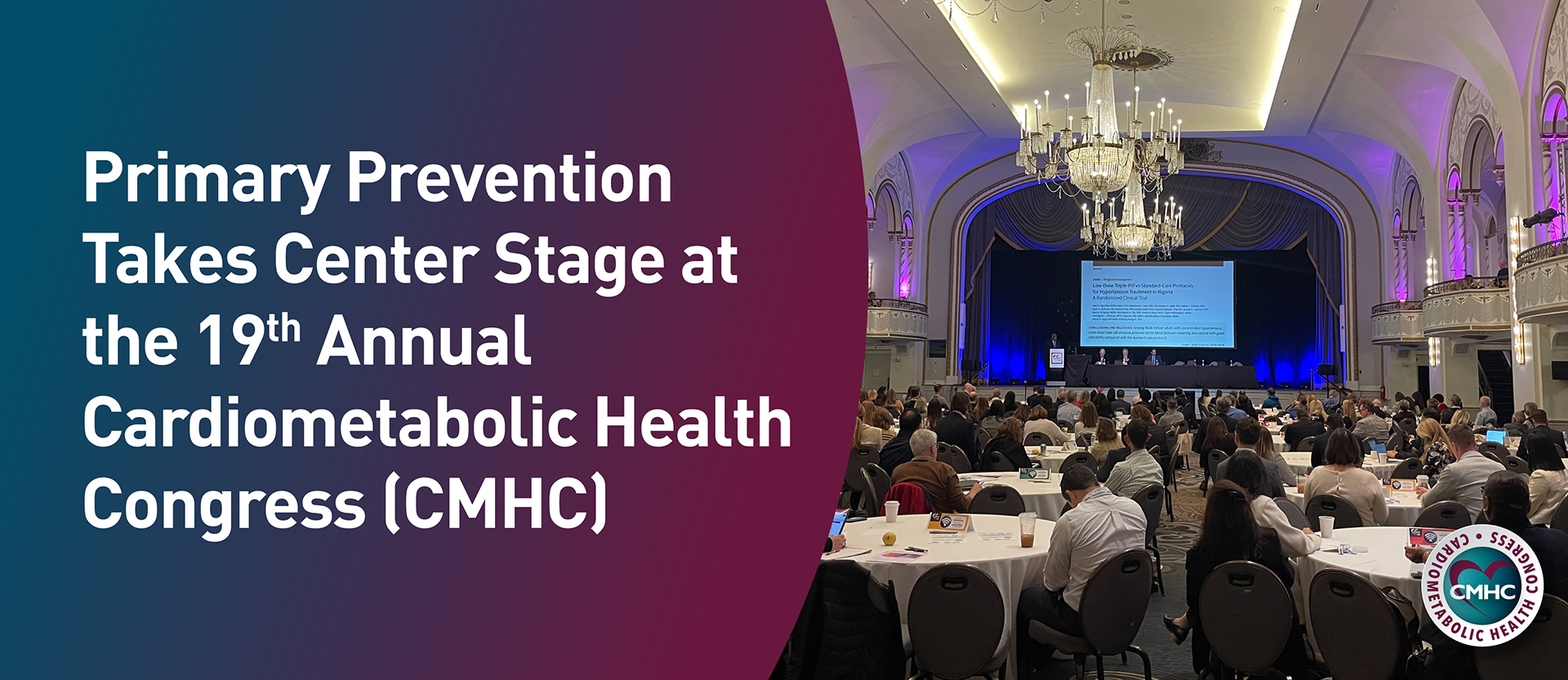Results of the EMPA-REG OUTCOME trial have shown that the SGLT2-inhibitor empagliflozin significantly reduced the risk of myocardial infarction, stroke, and CV death, as well as death from any cause, in more than 7000 adults with type 2 diabetes at high CV risk. Patients in the study were given either low- or high-dose empagliflozin or placebo in combination with standard treatment (eg, glucose-lowering, lipid-lowering, and antihypertensive agents).
Expert analysis of the trial indicates the most impressive findings are the early and profound reductions both in all-cause and CV mortality as well as hospitalization for heart failure. Further speculation by Dr. James Stein, of the University of Wisconsin Medical School, points to the treatment of metabolic syndrome for these dramatic results rather than simply an effect on glycemic control. “Unclear what the mechanism is, but I suspect it is not just the lower blood sugar levels. Since waist circumference and blood pressure went down and HDL-C went up, it appears to be treating the metabolic syndrome, perhaps by reducing insulin resistance.”
Empagliflozin was approved by the FDA last year and is the first glucose-lowering agent to demonstrate CV risk reduction in a CV outcomes trial. Earlier this year, the TECOS findings were released providing reassurance on the cardiovascular safety of the DPP-4 inhibitor, sitagliptin. Previous studies (SAVOR-TIMI 53 and EXAMINE) have associated DPP-4 inhibitors with increased risk of heart failure causing some concern.
The 10th Annual CMHC provides the perfect venue to keep up to date on these and other important developments. To provide expert perspective and answer questions on the cardiovascular implications of type 2 diabetes therapies, CMHC is hosting a CME symposium titled “A Closer Look at CV Outcomes for Type 2 Diabetes Therapies: Implications for Patient Care” on Thursday, October 22. Jay S. Skyler, MD will chair, accompanied by faculty Deepak L. Bhatt, MD, MPH, Jennifer B. Green, MD, and Darren K. McGuire, MD, MHSc.
Read details of the complete EMPA-REG OUTCOME study in NEJM here and more interpretation here.

















